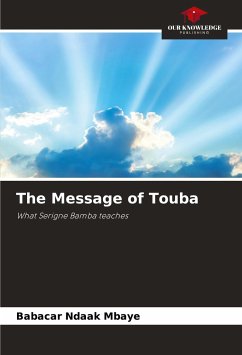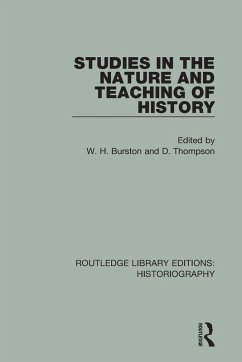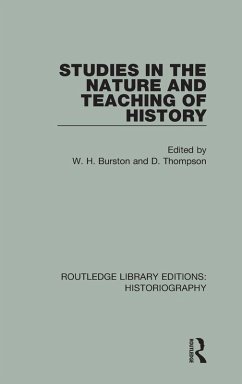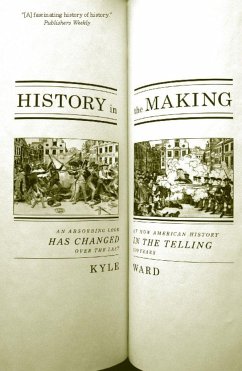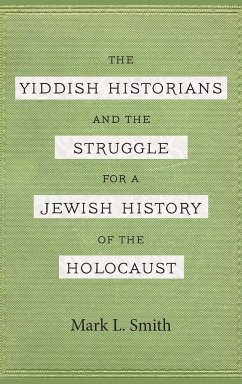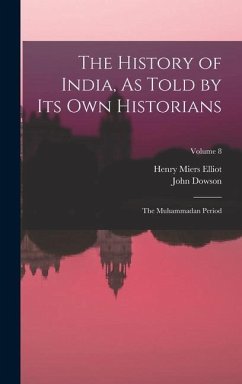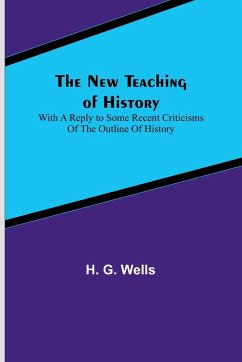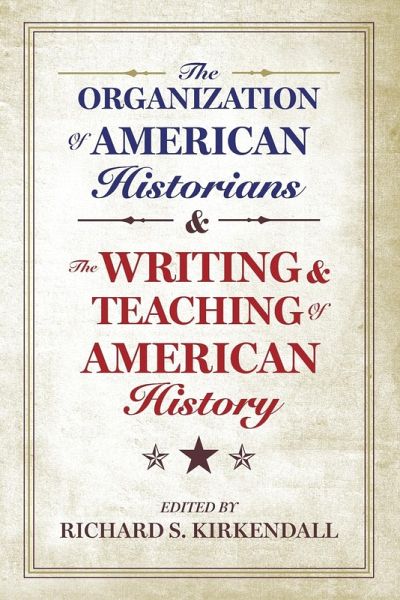
Organization of American Historians and the Writing and the Organization of American Historians and the Writing and Teaching of American History Teach
Versandkostenfrei!
Versandfertig in 1-2 Wochen
41,99 €
inkl. MwSt.
Weitere Ausgaben:

PAYBACK Punkte
21 °P sammeln!
The field of American history has undergone remarkable expansion in the past century, all of it reflecting a broadening of the historical enterprise and democratization of its coverage. Today, the shape of the field takes into account the interests, identities, and narratives of more Americans than at any time in its past. Much of this change can be seen through the history of the Organization of American Historians, which, as its mission states, "promotes excellence in the scholarship, teaching, and presentation of American history, and encourages wide discussion of historical questions and e...
The field of American history has undergone remarkable expansion in the past century, all of it reflecting a broadening of the historical enterprise and democratization of its coverage. Today, the shape of the field takes into account the interests, identities, and narratives of more Americans than at any time in its past. Much of this change can be seen through the history of the Organization of American Historians, which, as its mission states, "promotes excellence in the scholarship, teaching, and presentation of American history, and encourages wide discussion of historical questions and equitable treatment of all practitioners of history." This century-long history of the Organization of American Historians-and its predecessor, the Mississippi Valley Historical Association-explores the thinking and writing by professional historians on the history of the United States. It looks at the organization itself, its founding and dynamic growth, the changing composition of its membership and leadership, the emphasis over the years on teaching and public history, and pedagogical approaches and critical interpretations as played out in association publications, annual conferences, and advocacy efforts. The majority of the book emphasizes the writing of the American story by offering a panorama of the fields of history and their development, moving from long-established ones such as political history and diplomatic history to more recent ones, including environmental history and the history of sexuality




